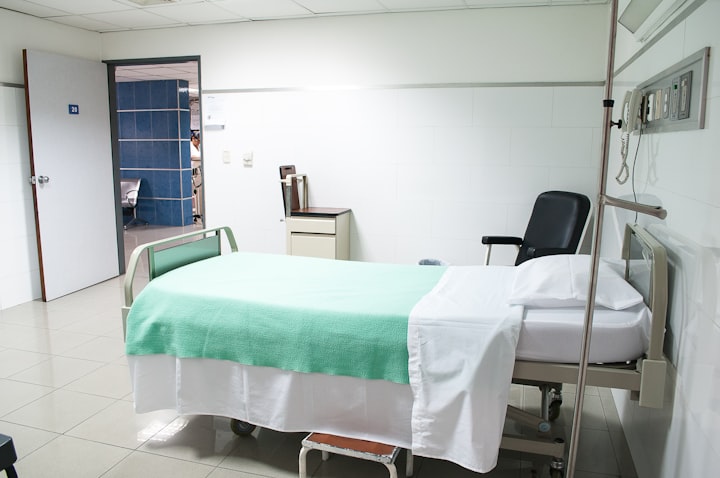
Introduction:
The health and care sector plays a crucial role in society, providing essential services to promote well-being and treat illnesses. It is an ever-evolving field that constantly embraces new technologies, research findings, and innovative approaches to improve patient outcomes. In this article, we will explore some of the latest developments in the health and care sector, highlighting advancements in medical technology, healthcare delivery models, and patient-centric care.
1. Telemedicine and Remote Patient Monitoring:
Telemedicine has gained significant momentum in recent years, but its growth skyrocketed during the COVID-19 pandemic. It involves the use of telecommunications technology to deliver healthcare services remotely, enabling patients to access medical expertise without physically visiting a healthcare facility. Virtual consultations, remote diagnosis, and electronic prescriptions are just a few examples of how telemedicine is transforming healthcare delivery. Moreover, remote patient monitoring devices, such as wearable sensors and mobile health apps, allow healthcare providers to monitor vital signs and track patient progress from a distance, enabling early intervention and personalized care.
2. Artificial Intelligence (AI) in Healthcare:
Artificial Intelligence (AI) is revolutionizing the healthcare sector, empowering clinicians, researchers, and administrators to make data-driven decisions. AI algorithms can analyze vast amounts of medical data, including electronic health records, medical images, and genomic information, to identify patterns, predict disease outcomes, and assist in diagnosis. AI-powered chatbots are also being used to provide personalized patient support, answer medical queries, and triage patients, reducing the burden on healthcare professionals and improving patient experience.
3. Precision Medicine:
Precision medicine tailors medical treatment to individual characteristics, such as genetic makeup, lifestyle, and environment. Recent developments in genomics, biomarker research, and data analytics have paved the way for personalized therapies and targeted interventions. Genetic testing and genomic profiling can identify specific genetic variations that influence disease susceptibility and drug response, allowing healthcare providers to prescribe medications that are more effective and minimize adverse reactions. Precision medicine holds great promise for improving treatment outcomes and reducing healthcare costs.
4. Blockchain Technology in Healthcare:
Blockchain technology, initially associated with cryptocurrencies, is finding applications in healthcare. Blockchain offers a decentralized and secure platform for storing and sharing medical data, ensuring privacy, interoperability, and data integrity. It allows patients to have control over their health records, granting healthcare providers access only when authorized. Furthermore, blockchain can streamline administrative processes, such as insurance claims, supply chain management, and clinical trials, enhancing efficiency and transparency in the healthcare system.
5. Digital Health Platforms and Apps:
The proliferation of smartphones and mobile apps has led to the development of digital health platforms and applications that empower individuals to take charge of their health and well-being. These platforms offer a range of services, from fitness tracking and mental health support to chronic disease management and medication reminders. Additionally, some digital health platforms provide access to online communities, enabling patients to connect with others facing similar health challenges and share experiences. Such platforms are instrumental in promoting preventive care and patient engagement.
6. Robotics and Automation:
Robots and automation are transforming various aspects of healthcare delivery, from surgery and rehabilitation to medication management and patient care. Surgical robots, guided by skilled surgeons, allow for precise and minimally invasive procedures, reducing patient trauma and recovery time. Robotic exoskeletons and prosthetics assist patients with mobility impairments, enabling them to regain independence and improve their quality of life. Moreover, automation in healthcare facilities, such as robotic process automation and smart medication dispensing systems, optimizes workflows, reduces errors, and enhances operational efficiency.
Conclusion:
The health and care sector is witnessing rapid advancements, fueled by technological innovations and a growing focus on patient-centered care. Telemedicine, AI, precision medicine, blockchain technology, digital health platforms, and robotics are just a few examples





Comments
There are no comments for this story
Be the first to respond and start the conversation.